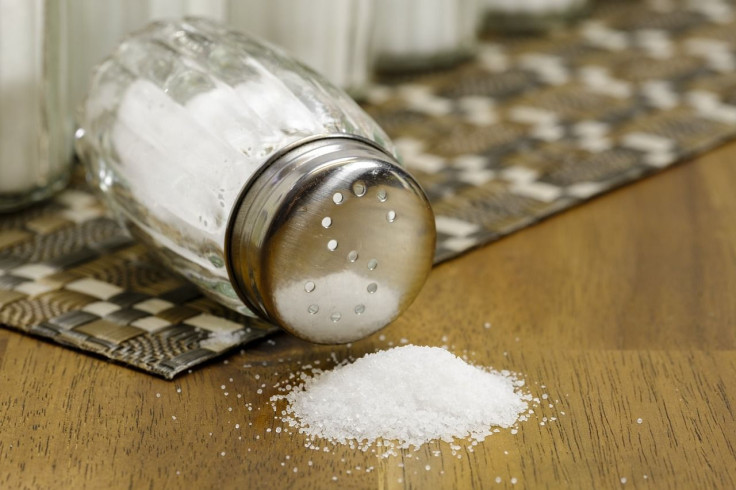Reducing This Common Kitchen Ingredient In Your Diet Can Improve Your Immunity
A high-salt diet can increase your risk of high blood pressure, heart attack and stroke. But, according to a new study, it could also make you prone to a compromised immune system.
The World Health Organization (WHO) recommends that adults limit their daily salt intake to 5 grams only. But, it has been pointed out that Americans consume about 8.5g of salt on a daily basis, which is almost twice the recommended amount. This could also explain why Americans suffer a great deal from hypertension, an important trigger for cardiovascular and metabolic health conditions.
The researchers at the University of Bonn suggested that consuming too much salt could weaken one’s immune system and, more importantly, the ability to fight bacterial infections.
“We examined volunteers who consumed 6 grams of salt in addition to their daily intake. This is roughly the amount contained in two fast-food meals, i.e. two burgers and two portions of French fries. Our research proves for the first time that excessive salt intake also significantly weakens an important arm of the immune system,” the New York Post quoted Prof. Dr. Christian Kurts.
However, the findings of this study contradict several other studies conducted previously, which have demonstrated that a high-salt diet was effective in healing infections, especially those caused by certain skin parasites in laboratory animals. Also, it was previously believed that sodium chloride could have immune-boosting qualities.
The study published in the journal Science Translational Medicine revealed that blood samples from test subjects who consumed a high-salt diet for a week were already failing to cope with bacterial intruders. The findings also revealed increased glucocorticoid levels.
According to the New Scientist, the researchers think that a couple of mechanisms might be involved in this.
- When we consume excessive amounts of salt, the hormones are released to make our body expel it. That is when the glucocorticoids come into action. These hormones have the side effect of suppressing the immune system throughout our body.
- And there can be another local effect in the kidneys. The researchers opine that urea which gets accumulated in the kidney when a high amount of salt is consumed. And that urea might suppress the neutrophils and end up affecting our immune responses.
It can be tough to know the exact amount of salt present in your diet. Most store-bought foods don’t mention its salt content on the nutritional label. To find that out, simply multiply the sodium content mentioned in grams by a factor of about 2.5. Be informed that 5 grams of salt is equivalent to 2000 milligrams of sodium.

© Copyright IBTimes 2025. All rights reserved.






















